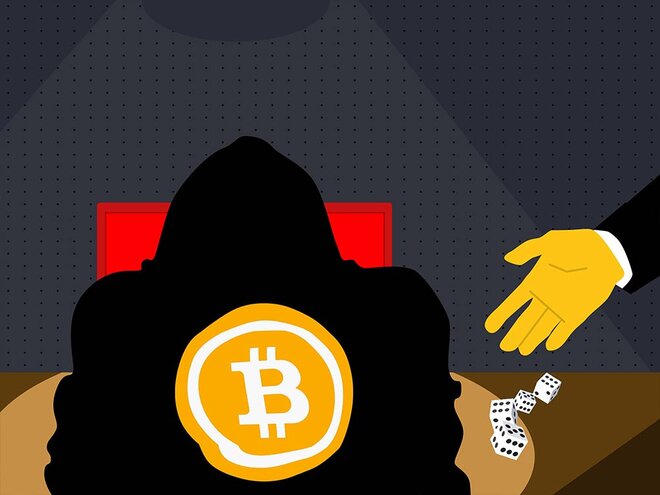
Bitcoin and other cryptocurrencies are used for only two purposes. One is speculation and the other is a crime. Neither of these is useful in any sense of the word. Therefore, cryptocurrencies should be prohibited lock, stock and barrel. The rest of what you hear is a smokescreen put up by people who are benefitting from all this, either at others' expense or because they feel that the party will go on indefinitely.
When you buy or sell some bitcoin, who do you think is the counterparty? Either another punter like you or if it's a real user then it's going to someone who needs to pay or has received crypto as part of ransomware or narcotics or terror funding or some such transaction. There's no other actual utility for these so-called currencies.
If you go back and read the 2008 paper in which someone or something called Satoshi Nakamoto first laid out the principles and design of the system, you will realise that the only design goal of this digital cash system is literally that - to provide an equivalent for physical cash that is digitally transferable while providing the anonymity and privacy that physical cash provides. I must say that in this goal, bitcoin has succeeded very well. The global crime wave of ransomware that we are seeing today is proof of that. This is an enormous bonanza for the global digital crime gangs that are coming up.
A global crime wave facilitated by bitcoin is hardly a surprise. After all, crime needs large-scale use of physical cash and if you create digital cash then entirely new types of crime become feasible and that too on a global scale because now you can move cash over the internet.
On Tuesday, November 23, 2021, when the Lok Sabha secretariat published a list of legislative business that the house will conduct during the winter session, all hell broke loose in the crypto world. There were lurid tales of some vast crores and billions being wiped out and people were posting screenshots with various currencies being down large amounts. Apparently, if a whole lot of people on Twitter are to be believed, some widely used 'crypto exchange' app started malfunctioning, sparking panic and wild conspiracy theories amongst its users.
What the government has said should come as no surprise to anyone. It intends to bring a "bill to ban private cryptocurrencies and create a framework for an official digital currency to be issued by the Reserve Bank of India." It has been quite clear for a while that the ill effects of these so-called currencies are being taken very seriously. This should not be a surprise. Here's a medium for the exchange of funds, that is expressly designed to be untraceable and anonymous, and (this is the crucial part) has already proven to be a vital ingredient of the massive wave of ransomware crime that is sweeping the world. What would you expect a government to do about this? Let it happen in the name of 'financial innovation?'
I find there to be a huge cognitive dissonance in the crypto maniacs' thought process. If you ask them what's good about crypto, the main reason stated is that it's free from government control. Even the peripheral reasons turn out to be derived from this. So how can they rationally expect governments not to be against crypto? Why would any government willingly permit some alternative currency which it cannot control, to take over monetary flows in the economy and as well as facilitate unchecked criminal activity and tax evasion?
Here's a prediction. In fairly short order, practically every significant country in the world will reach this position - cryptocurrencies will be severely proscribed and some official digital token that represents the real currency will be promoted. If any reasonable way can be found for cryptocurrency transactions to be made transparent and visible, then they'll be permitted. Otherwise what China has already done and what India is going to do soon will become the standard model of governments dealing with crypto. Of course, if crypto transactions are no longer secret then they'll die out anyway because the reason for their actual usage will disappear.









